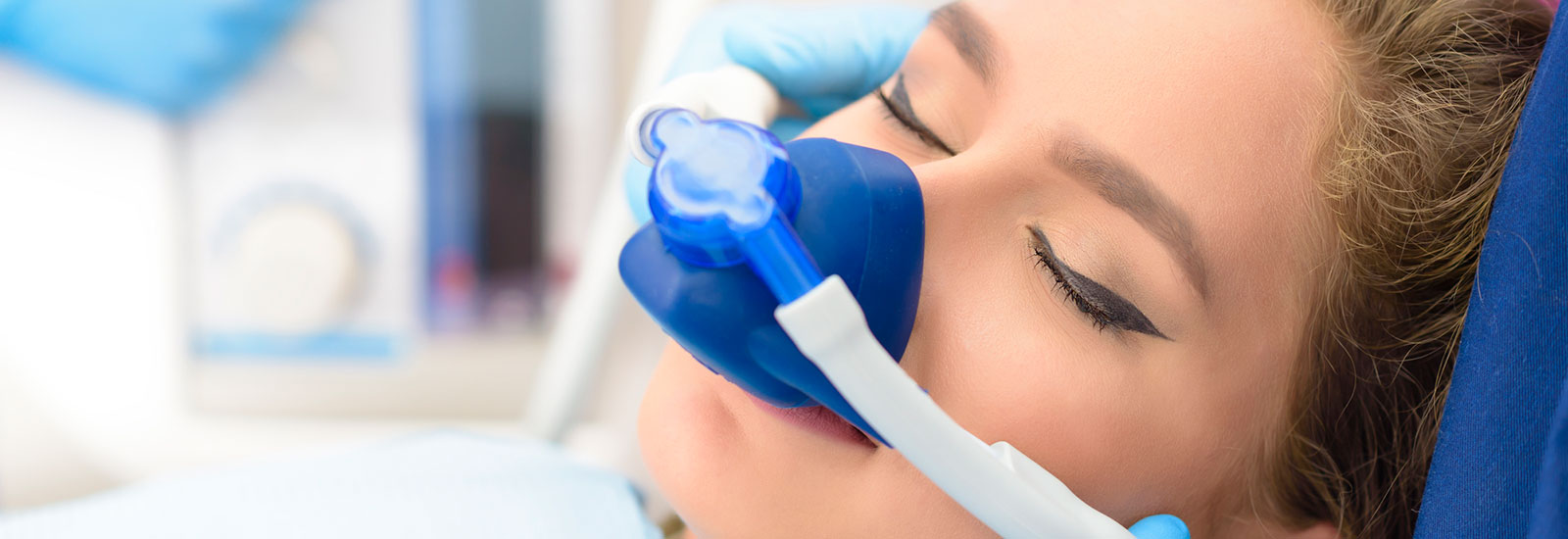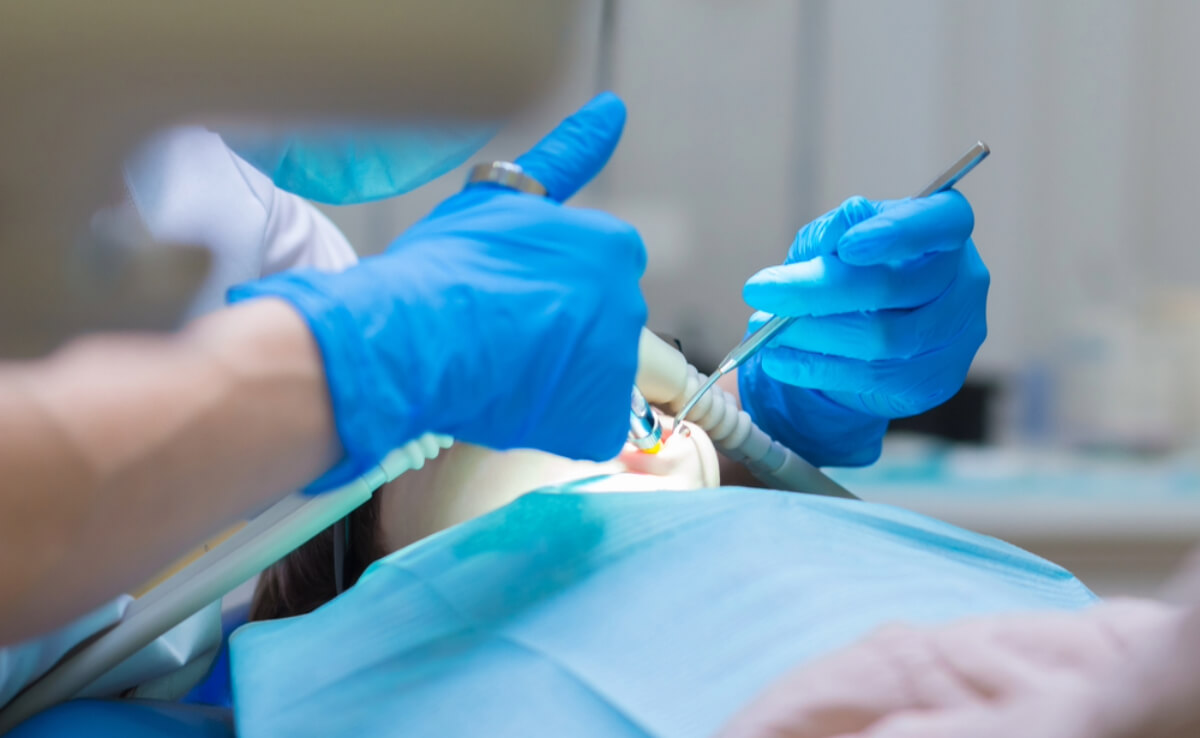Relax and Enjoy a Healthier Smile with Dental Sedation
While people often joke about being afraid of the dentist, dental anxiety is a real problem impacting millions. In some cases, their dental phobia is so severe that they cannot make it through the most straightforward routine exams. Because of their fear and anxiety, millions of people either never see a dentist or stop going, leading to major medical emergencies down the road. At the Hope Dental Care Centre, Dr. Far, Gang Wang, and the team help patients tackle dental anxiety and dental phobia with treatments such as local anesthesia, and dental oral sedation.
How Can Dental Sedation Help?
If you’re one of the millions suffering from debilitating anxiety or outright fear of going to the dentist, sedation can help you relax to get the dental care you need. This may mean that you are entirely asleep or awake but moderately or highly medicated during a procedure.
We offer three types of sedation depending on the level of anxiety from which you need relief.
Gas

Gas sedation is often composed of oxygen and nitrous oxide, more commonly known as “laughing gas.” This gas is administered via a special mask that covers your nose. Once the gas is issued, you may feel numb and euphoric, and yes, you may even have a few chuckles. Mainly, you should feel relaxed and feel less pain and discomfort from a procedure than you would usually feel. After this type of sedation, you should be able to resume normal activities, such as driving and going to work, with no lingering side effects.
Dental Oral Sedation
For patients with moderate to high anxiety, Drs. Farkhondeh and Wang might recommend oral sedation, taken before a procedure in pill form by itself or in combination with laughing gas. This sedation is more potent than nitrous oxide but less heavy than IV sedation.
It provides deeper relaxation and does require a patient to arrange for someone to bring them to the office and take them home. A patient will not be able to engage in certain activities until the medication’s effects wear off, usually by the day after a procedure.
IV sedation
IV sedation is the most potent form of sedation we offer, and it involves a fluid sedative being introduced to your bloodstream via an IV needle into a central vein in your arm. A professional licensed anesthesiologist carefully monitors the dosage, and you will likely fall asleep and not even remember the procedure once you wake.
Recovery from this form of sedation can take a few hours to an entire day. You will not be able to drive after the procedure, so arranging for transportation home where you can fully recover is essential.
Stress-Free Oral Health with Dental Sedation Services
Remove the stress, worry, and fear of visiting the dentist’s chair. Call The Hope Dental Care Centre at (343) 803-6333 to arrange your one-on-one consultation with our dentists. Our office is conveniently located at 500 Hazeldean Rd Suite 107, Kanata, ON.




